The Department of Zoology is committed to delivering quality education through innovative, student-centric pedagogies that promote active participation, deeper understanding, and critical thinking. The department integrates a variety of teaching methodologies designed to cater to different learning styles, making the educational experience dynamic, interactive, and application-oriented.
1. Traditional and Technology-Integrated Teaching
-
Chalk and Talk Method
A time-tested method used for explaining core concepts in a simple and flexible manner. It encourages two-way communication and spontaneous clarification of doubts.
-
PowerPoint Presentations
Concepts are taught using multimedia presentations that incorporate diagrams, animations, and video clips to provide visual reinforcement and enhance comprehension, especially for complex biological processes.
2. Activity-Based Teaching Methods
These methods are designed to make learning more engaging and participatory:
-
Mind Map Activity
Helps students visualize and connect multiple concepts in a structured, memorable format.
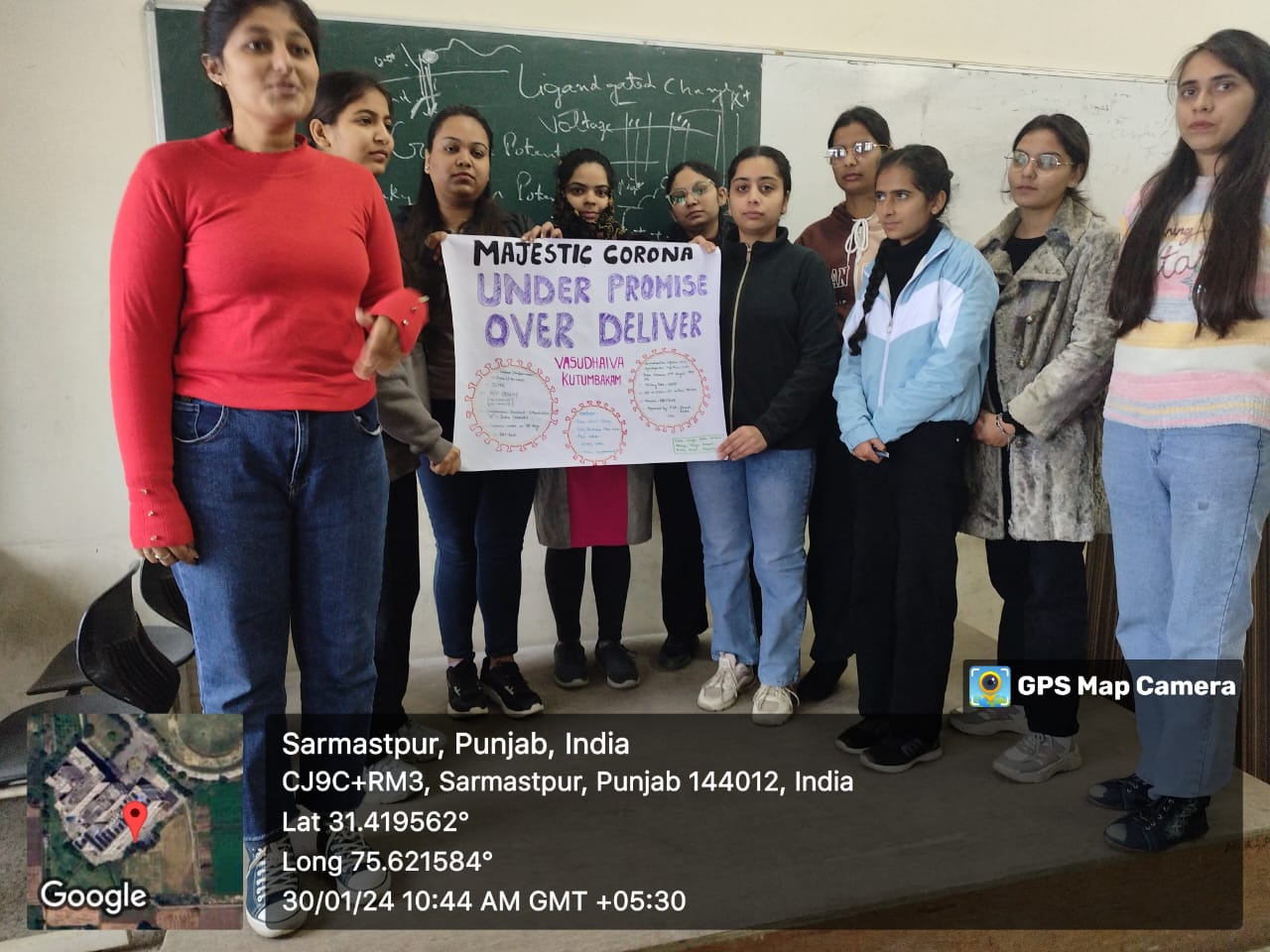
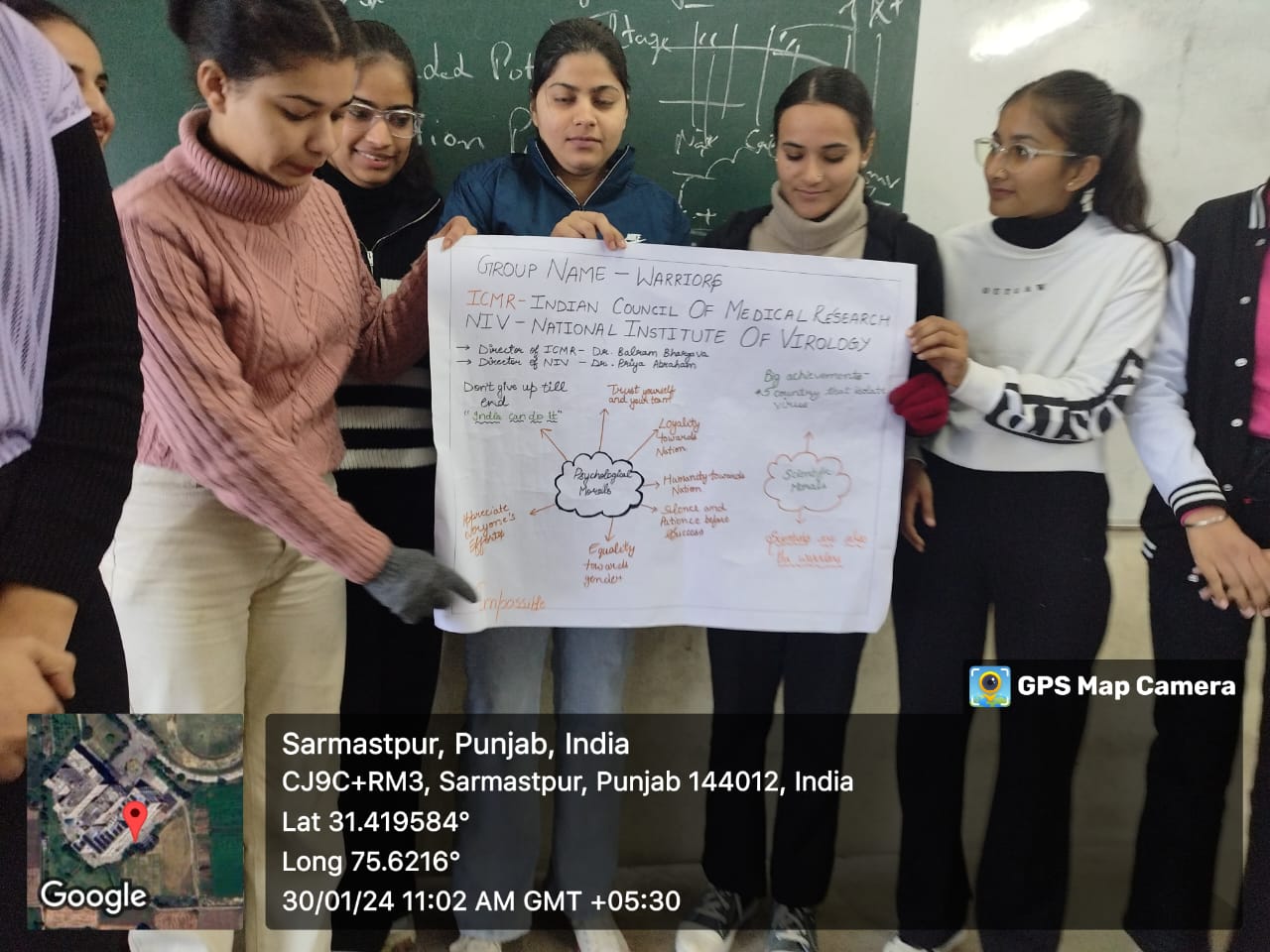
-
Role Play Activity
Students enact biological scenarios (e.g., ecological roles, behavioral patterns) which aids in better conceptual clarity and retention.
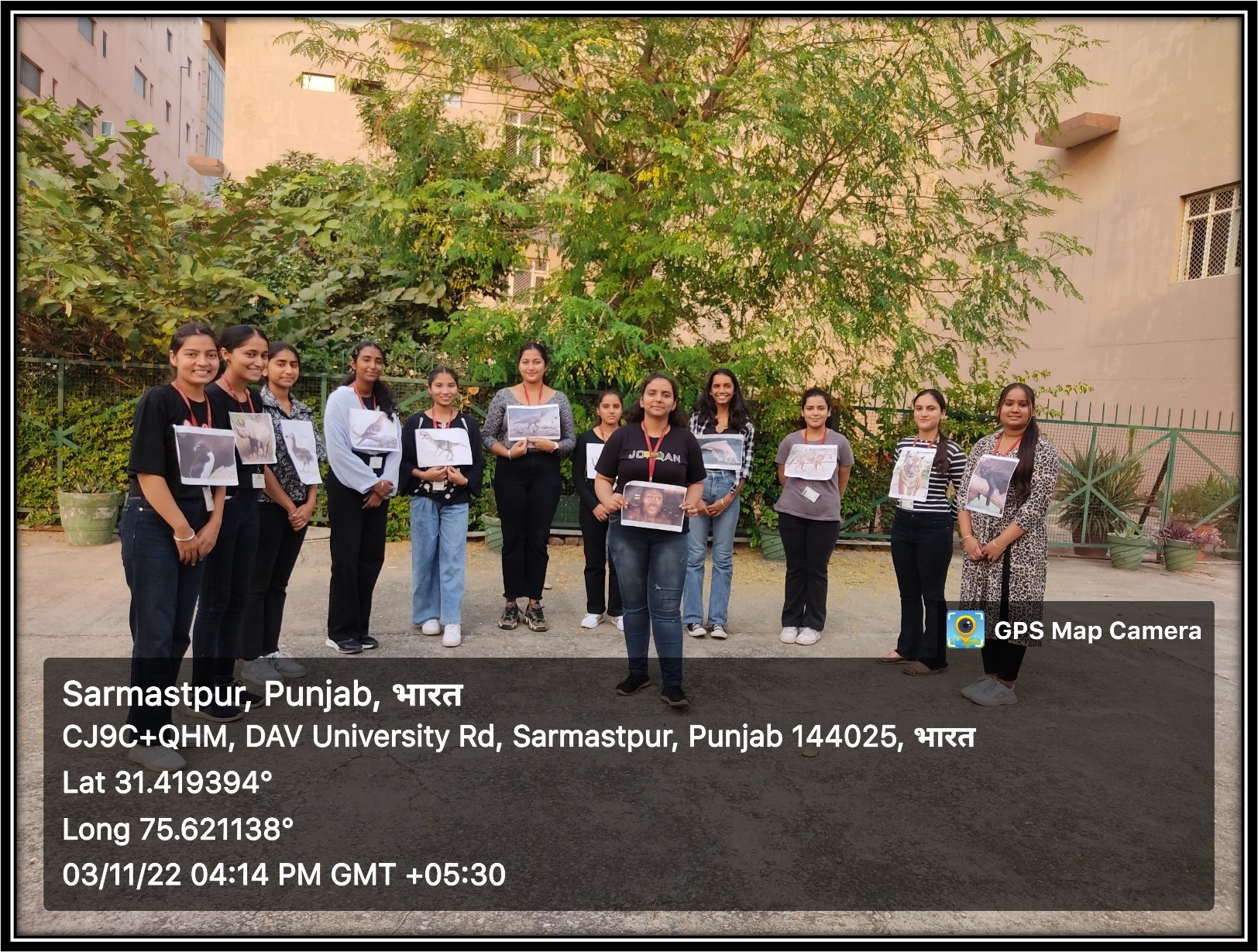
-
Pass the Ball Activity
A quick-recall game that improves attentiveness and encourages spontaneous expression of learned concepts.
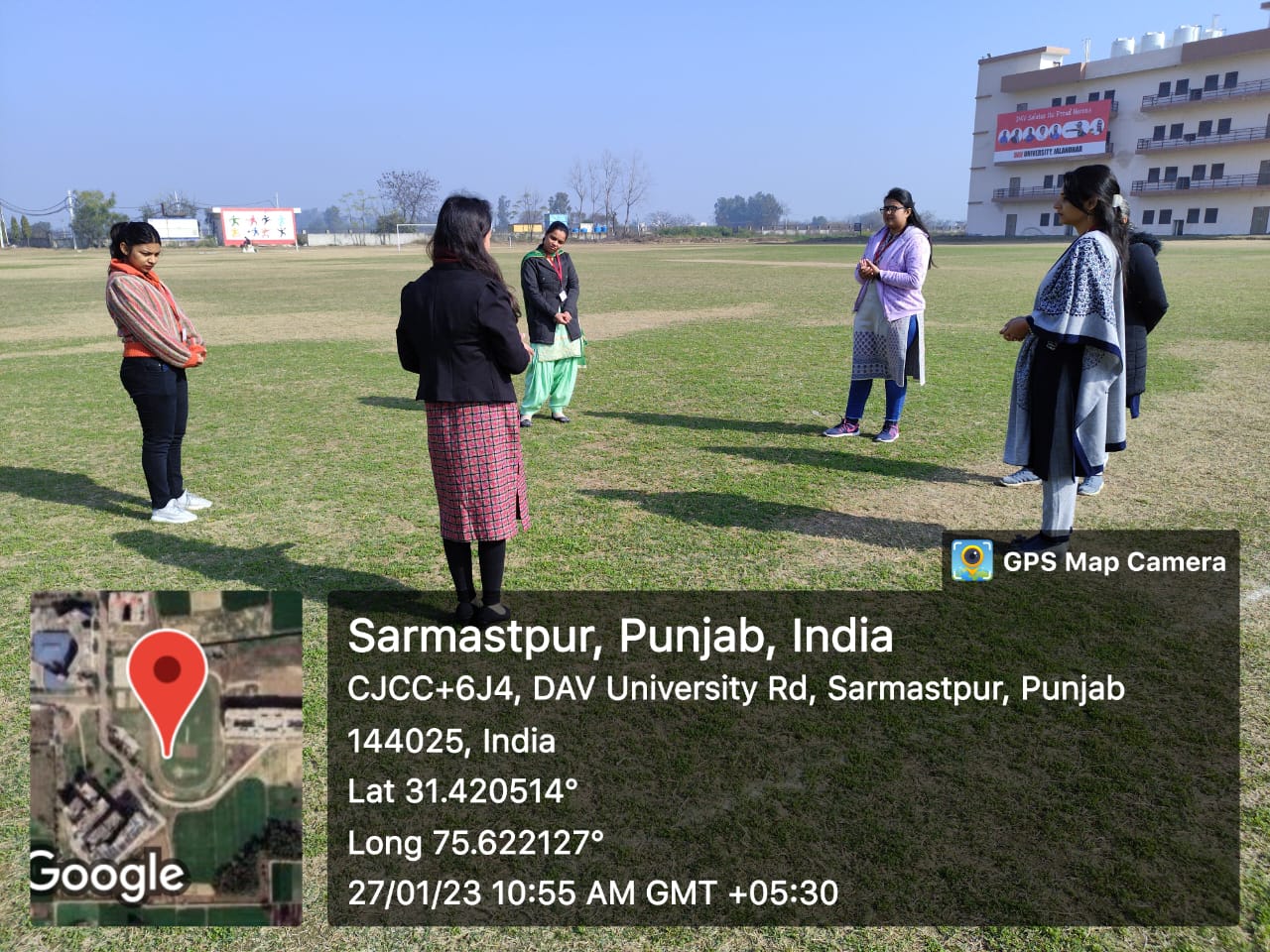
-
Jigsaw Puzzle Activity
A collaborative learning strategy where students become subject "experts" in parts of a topic and then teach their peers, reinforcing knowledge through both learning and teaching.
3. Participative and Experiential Learning Strategies
-
Project-Based Learning (PBL)
Students engage in investigative projects that promote research, teamwork, and independent thinking. Topics often align with current trends in zoology and conservation.
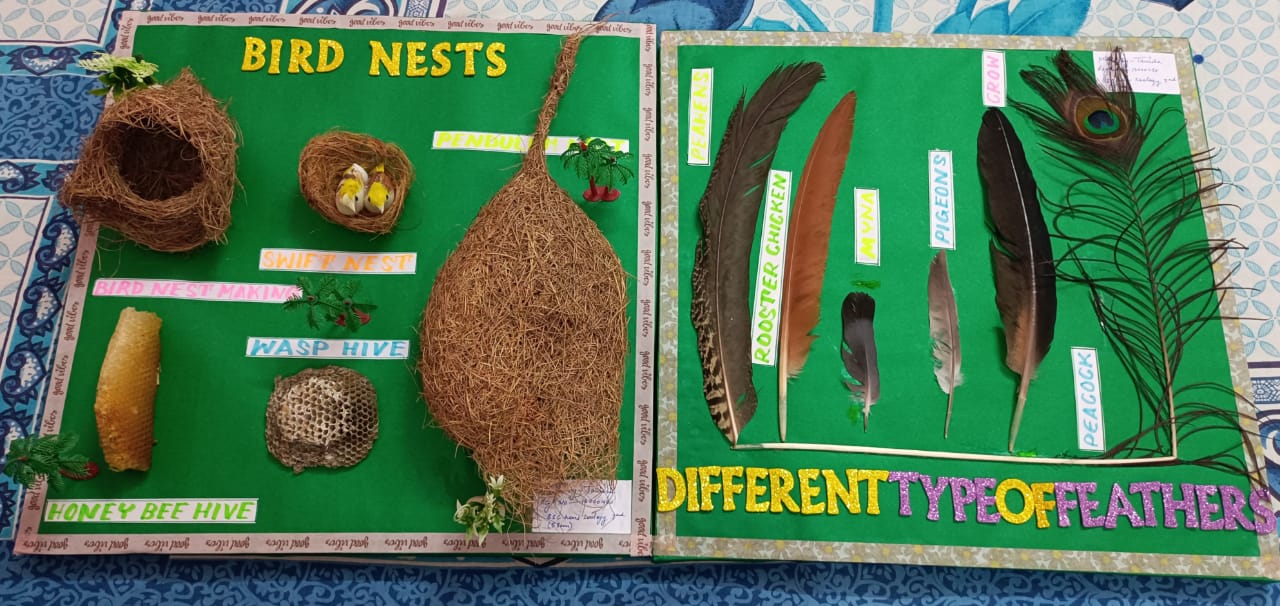
-
Educational Visits and Field Trips
Visits to ecological parks, biodiversity hotspots, aquaculture centers, and research institutes allow students to experience biological diversity firsthand and connect classroom learning to real-world applications.
-
Experiential Learning Units
The department provides hands-on experience through specialized units:
-
Apiculture Unit – Training in beekeeping, hive management, and honey extraction.
-
Aquarium Fish Keeping – Knowledge of freshwater fish species, breeding techniques, and aquarium maintenance.
-
Vermicomposting Unit – Exposure to organic waste recycling using earthworms, promoting sustainability and ecological responsibility.
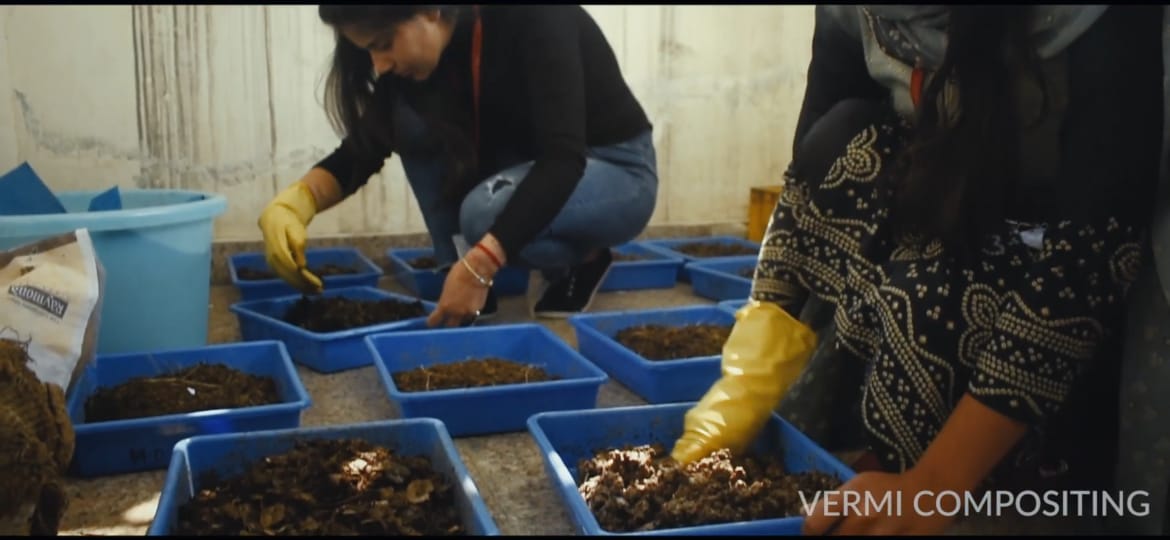
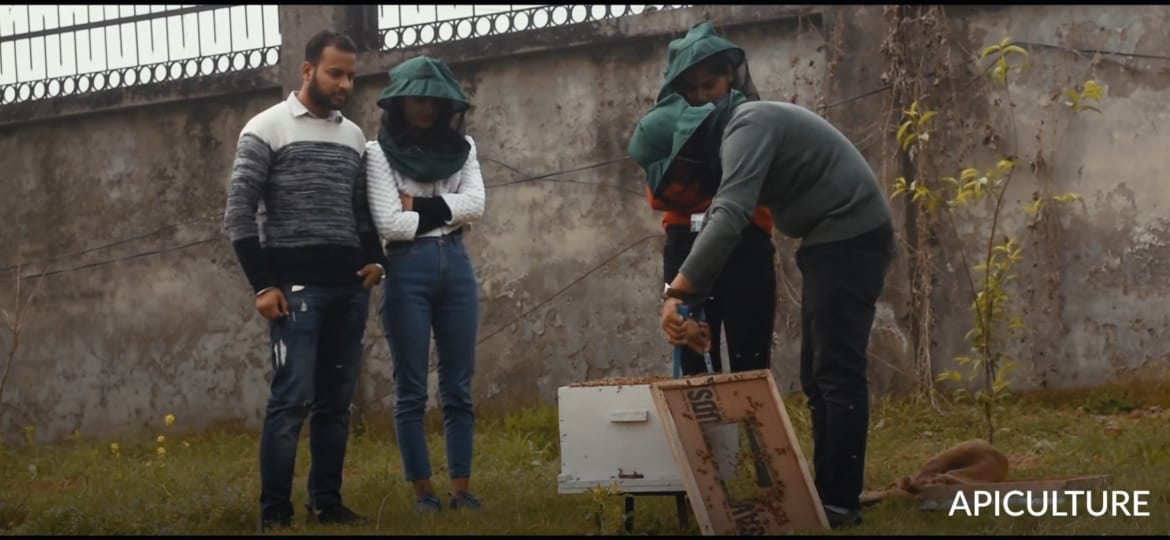
4. Flipped Classroom Approach
The department has adopted the Flipped Classroom model to encourage self-directed learning and active classroom engagement. In this approach:
-
Students are provided with study materials, videos, or readings before class.
-
Classroom time is then used for discussions, problem-solving, activities, and application of concepts.
-
This method shifts the focus from passive note-taking to critical thinking, collaboration, and deeper exploration of subjects with faculty guidance.
-
It also fosters independent learning habits, digital literacy, and confidence in articulating biological concepts.
Conclusion
Through this diverse blend of traditional, activity-based, participative, experiential, and flipped classroom strategies, the Department of Zoology fosters a holistic and inclusive learning environment. These pedagogies ensure that students are not merely passive recipients of information, but active contributors to their educational journey, well-prepared for future careers in research, academia, conservation, and life sciences industries.